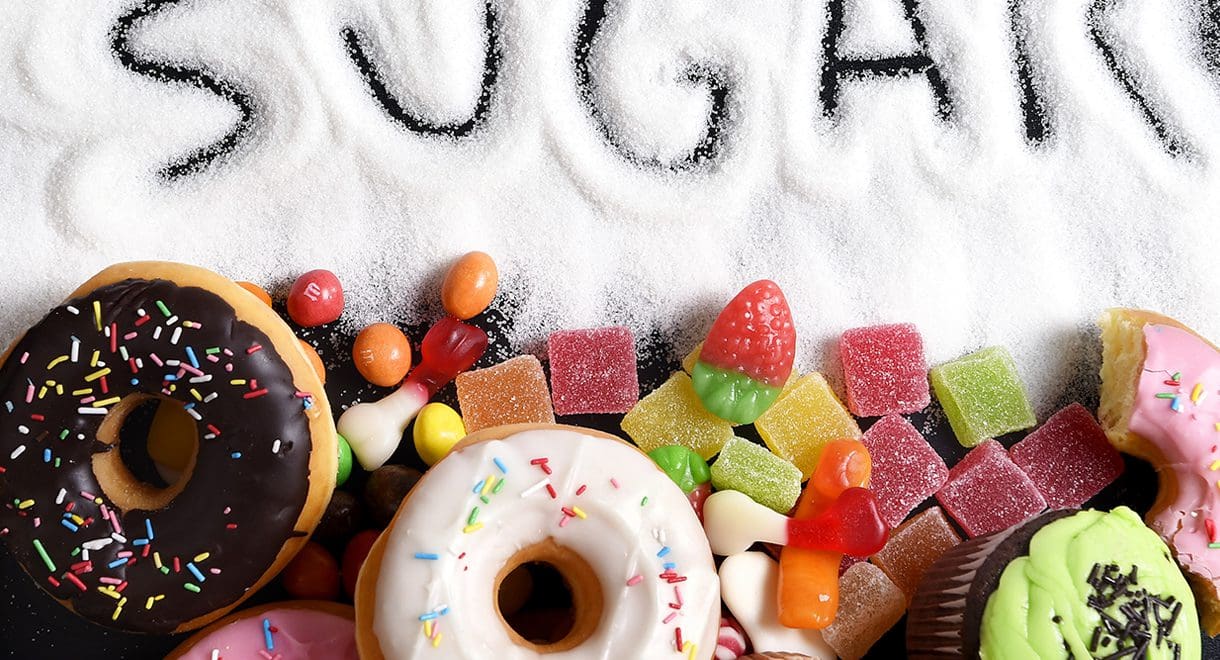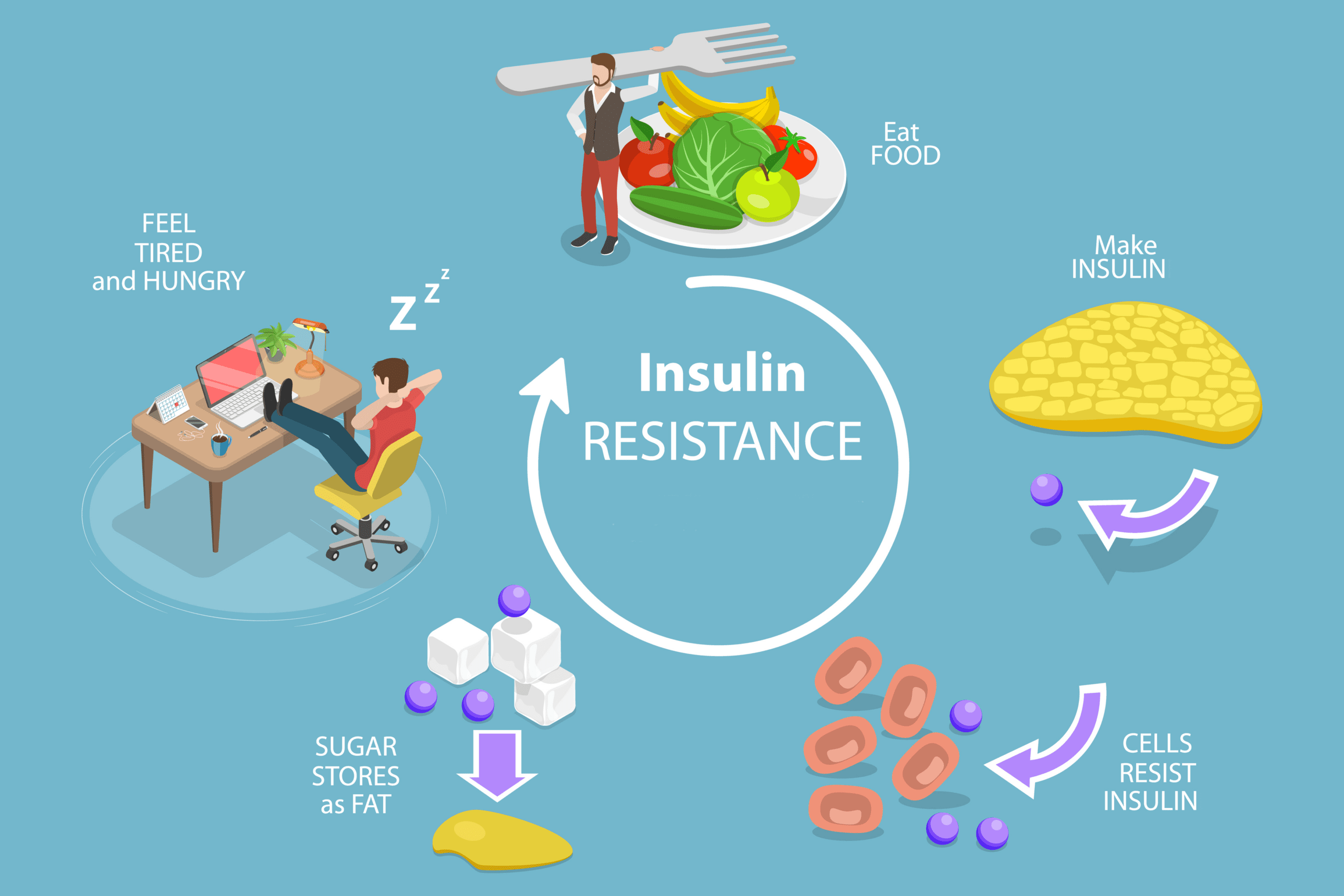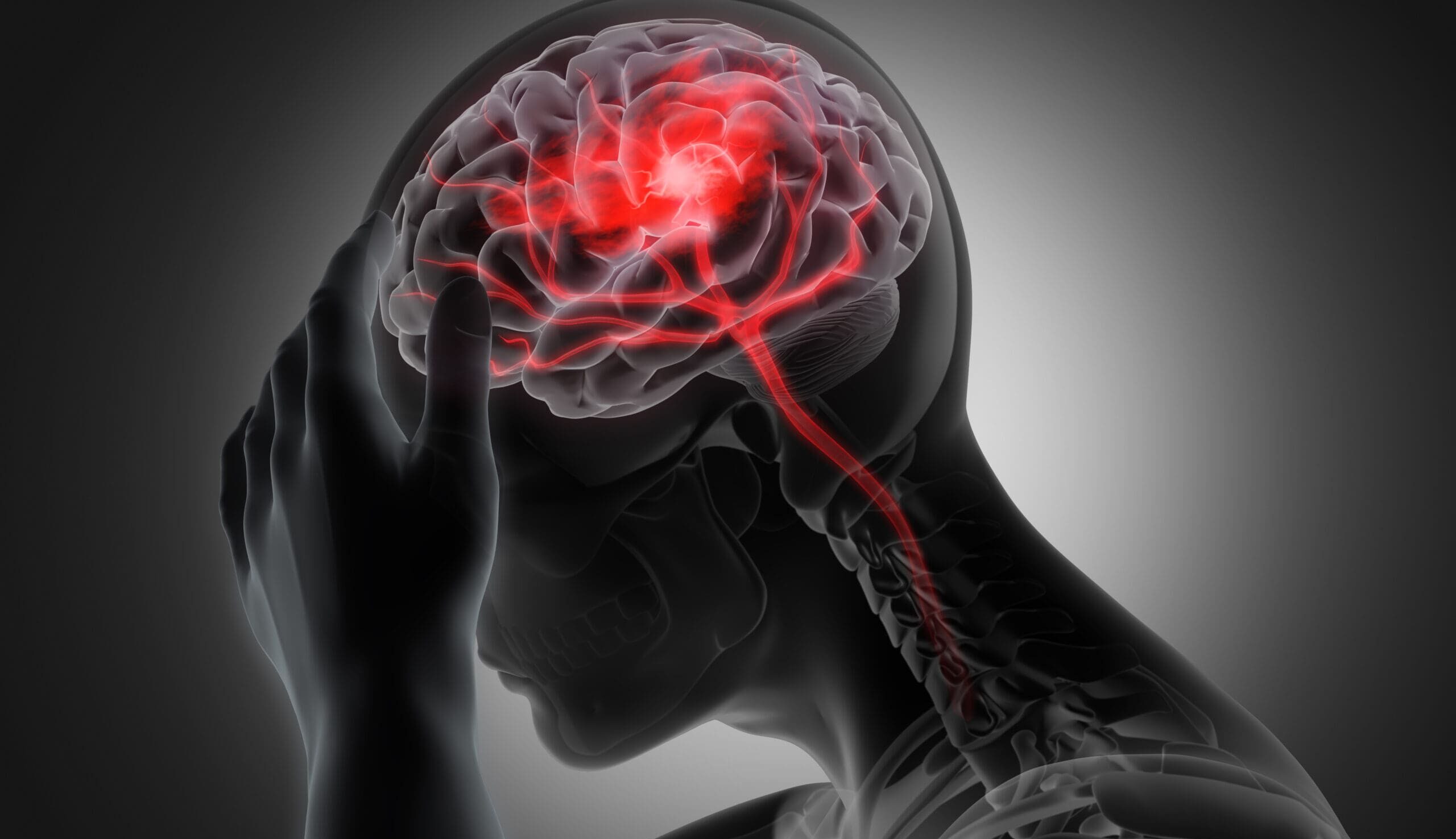Combat your sugar addiction
By Louise Belle BHSc (Nut Med)
It’s normal to get sugar cravings every now and then. However, if you find that you cannot go more than a few hours before reaching for a sweet treat and have trouble controlling how much you eat, then it could be a sign that you’re addicted to sugar. When we consume sugar, it activates the reward centre of the brain to secrete dopamine which makes us feel happy, calm and satisfied. The brain begins to see sugar as a reward and makes you crave it. Research has shown that in some people, sugar can be as addictive as heroin.
Do you find yourself bingeing on sugar when you’re feeling down? Do you notice headaches, mood swings or low energy levels if you haven’t had sugar for a while? Do you constantly crave sweet treats? If you answered yes to these questions, you could have a sugar addiction which needs to be overcome.


How does sugar affect your body?
When glucose (sugar) enters the blood stream, it is used as an immediate energy source. Excess glucose is transported into muscle and liver cells and stored as glycogen for later use. When glycogen stores are full, the liver breaks down the glucose to be stored as fat. Yes, that’s right. Sugar can make you fat! This might make you rethink all those ‘low-fat’ products that are packed with sugar.
Refined sugars, also referred to as simple carbohydrates are rapidly absorbed into the bloodstream and cause a surge in blood glucose levels. Excess insulin is secreted to counteract the high sugar intake, and your blood glucose drops. You then crave another hit of sugar and the cycle continues on a rollercoaster of surging and plummeting blood glucose. Complex carbohydrates (fruit, vegetables, wholegrains, nuts and seeds) do not have this effect on blood glucose as they are slowly absorbed.
Regular intake of refined sugars can lead to insulin resistance. This is where the cells become less sensitive to the effect of insulin and more and more of it is required to bring down blood glucose levels. Insulin resistance can put you at risk of diabetes, high blood pressure and systemic inflammation and is often characterised by excess weight around the abdomen.
So, what can I do about it?
There are many different strategies that you can implement to help combat your sugar addiction. Initially, begin to educate yourself by reading food and drink labels and start to cut down on your sugar intake. Think of this as stage one. Be on the lookout for high fructose corn syrup, glucose, dextrose, sucrose and maltose as these are all forms of sugar. Look at the nutritional panel to work out the amount of sugar per serving that the product contains. Drinks such as iced tea, iced coffee and fruit juice are healthy right? Think again. Most of these products contain loads of sugar! The majority of your favourite condiments contain sugar also. After you have familiarised yourself with sugar-containing products and have reduced your sugar consumption, it’s time to cut it out completely to allow your body to combat the addiction. Strategies include:
- Increase protein and fibre throughout the day: They digest slowly and help to stablise blood sugar levels, and keep you fuller for longer. Increase your intake of nuts, seeds, cheese, Greek yoghurt, eggs, chicken, fish, quinoa, vegetables, fruit, legumes and seeds. Include these types of foods with every meal and snack.
- Consume small, frequent meals: Eating regularly will help to balance blood sugar levels and stop you from getting hungry and reaching for a sweet treat. Good snacks include mashed egg with brown rice crackers, hummus and veggie sticks, apple slices with nut butter, trail mix, yoghurt with berries, protein shake, bliss balls and chia pudding.
- Distract yourself: When you are having intense cravings for sugar, do anything you can to distract yourself from reaching for that chocolate bar. Drink a herbal tea, go for a walk, call a friend, put some music on or have a shower. Just don’t give in!
- Exercise: This will release endorphins which will make you feel good about yourself and increase your energy levels. It also encourages you to make healthier food choices because you’ve gone to all that effort of exercising. Aim to exercise most days of the week, for about 30 minutes, even if it’s a light stroll around the park, or some yoga in your lounge room.
- Reduce stress: If stress is a trigger for your sugar binges, then it’s time to reduce the stress. Try meditating, yoga, breathing exercises, listening to music or taking a dance class. Magnesium is a great mineral that helps to calm the nervous system and reduce stress.
What can support me through this?
Sometimes sugar cravings are made much worse by overall poor health, feeling exhausted and depressed. These can be symptoms of overall body toxicity. Performing a 15 Day Cleanse can help you feel more energetic, have a better mood, deeper sleep and feel less bloated. If you are feeling healthier you are far less likely to get cravings in the first place.
You might also like to reference Dr Cabot’s book ‘I can’t lose weight! …and I don’t know why’ which explains insulin resistance and provides many delicious sugar-free recipes, complete with a 12-week Metabolic Weight Loss Plan.
Metabocel tablets combine garcinia with other supportive herbs and nutrients to help improve metabolic rate, when combined with a healthy diet and increased physical activity. Metabocel helps to enhance lean body mass.


What now?
After you have completed your ‘sugar detox’ and feel as though you have combatted your sugar addiction, it is ok to have a little sweet treat occasionally. If you have a treat, ensure that you savour the moment, eat it slowly and really enjoy it. Everything in moderation right!









Leave A Comment